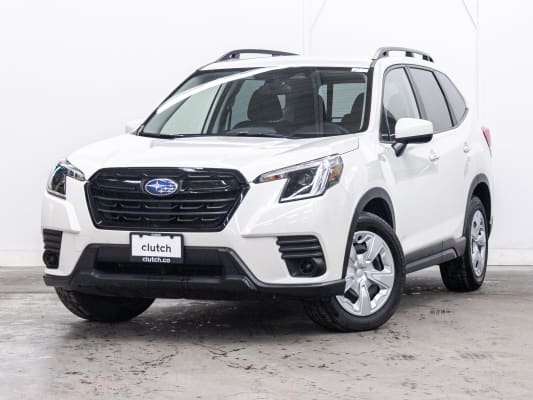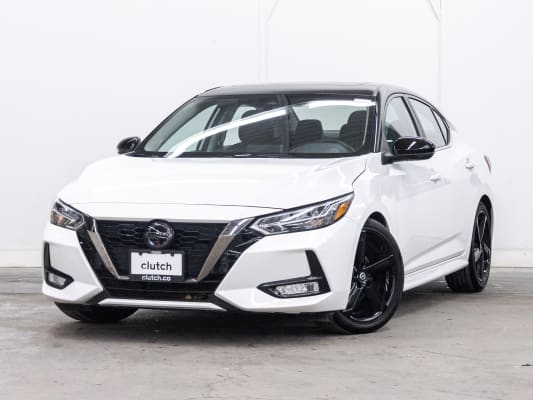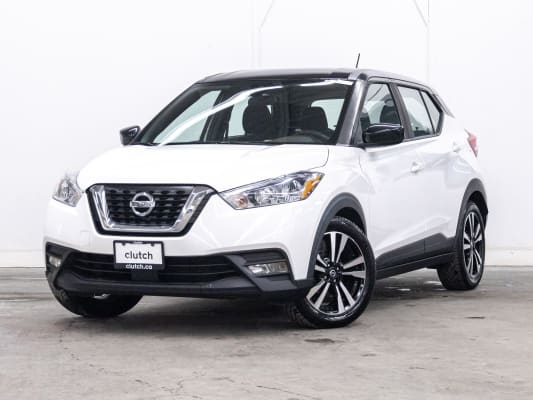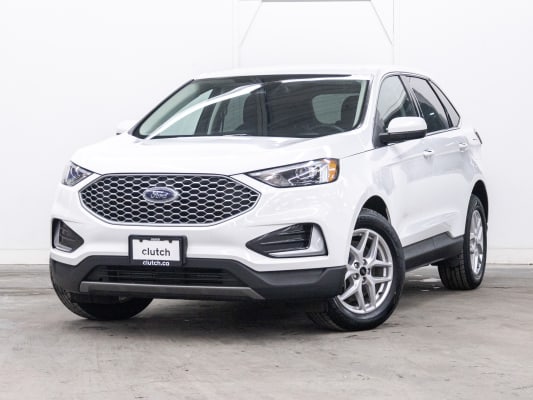If you’re planning to sell your car, one of the first questions you’ll ask is: “What’s it worth?” In Canada, there are several ways to get a car valuation — from dealership quotes to online tools that promise a fast estimate. Among the better-known options is the CARFAX Canada Car Value tool.
Best known for its detailed vehicle history reports, CARFAX also offers a valuation feature that uses VIN-specific data to provide a market value range. But how does it work? And is it accurate enough to trust when setting your asking price — or choosing between selling, trading in, or holding off?
In this guide, we’ll break down how CARFAX’s value tool works, where it gets its data, how it compares to other options like the Clutch Car Value Calculator, and which one is better depending on what you’re trying to do.
Where Does CARFAX Canada Get Its Data?
CARFAX Canada is known for offering the most comprehensive vehicle history reporting service in the country. Its valuation tool pulls from a vast database of records to generate value estimates.
These include:
- Canadian and U.S. motor vehicle agencies
- Insurance providers
- Collision repair facilities
- Police departments
- Auto auctions
- Lien registries and more
CARFAX is constantly adding new data sources, which may include both recent and historical information. That said, their reports are limited to what’s been reported to them — some data sources don’t share information with CARFAX or any third party, which can result in gaps.
How the CARFAX Car Value Tool Works
CARFAX offers a free tool that provides a multi-scenario pricing estimate based on your car’s VIN or basic vehicle details (Year, Make, Model, Trim, Mileage, and Postal Code). The tool returns a value range broken down by transaction type, which includes:
- Selling Privately
- Trading In (with tax savings factored in)
- Buying Privately
- Buying at a Dealership (Retail Price)
This level of detail helps sellers understand what they might get in various situations — and helps buyers know what a fair asking price looks like for different types of sales.
You don’t need to enter personal information to use the tool, and you can choose to enter either a VIN for more precision or your car’s specs manually.
How Accurate Is the CARFAX Valuation?
The CARFAX Car Value Tool does a great job of offering a ballpark estimate based on real Canadian market data. If you’re early in your selling or buying journey and just want to understand general price ranges, it’s a helpful starting point. It also breaks the value down by transaction type — showing what the car might be worth in a private sale, trade-in (including tax savings), or if you were to buy it privately or at a dealership.
However, there are a few limitations to be aware of. First, the estimate is shown as a broad range, rather than a specific number — so while technically accurate, it can be hard to interpret or use when setting a listing price or negotiating a deal. Second, the tool doesn’t allow you to specify your vehicle’s condition, which can have a big impact on real-world pricing. And while you can enter your VIN for a more precise match, CARFAX doesn’t show how accident history or service records affect your value unless you purchase a full vehicle history report.
Finally, it’s important to note that CARFAX doesn’t provide a way to act on the estimate — there’s no ability to list, sell, or get a real offer directly from the tool.
CARFAX vs. Clutch: Which Valuation Tool Gives You More?
The Clutch Car Value Calculator goes a step further by providing clear, condition-adjusted estimates and showing how your car’s value compares across private sales, dealership offers, and Clutch’s own offer.
Instead of a vague range, Clutch presents a side-by-side table with specific dollar values for:
- Selling your car
- Trading it in (with tax savings factored in)
- Buying it from a private seller, dealer, or Clutch
You can toggle between “Poor,” “Good,” and “Great” condition to see how your car’s value changes based on its state — something CARFAX doesn’t support. You’ll also see a quick visual showing how the market value has trended over the past 6 months and where it’s projected to go next month. This helps users understand market timing without getting bogged down in details.
Best of all, Clutch gives you the option to act right away — whether you want to sell your car, trade it in, or just explore your options. You won’t be asked for personal info unless you choose to move forward.

Which Car Valuation Tool Should You Use?
If you’re just starting your research and want a quick, no-commitment way to check your car’s value, the CARFAX Canada tool is a solid first step—especially if you’re already looking at vehicle history. But it has limitations: no condition inputs, no selling pathway, and less personalized results.
If you’re looking for more accurate and actionable insights—especially if you’re thinking about selling, trading in, or buying—Clutch’s Car Value Calculator offers more flexibility, transparency, and relevance. It lets you:
- Compare values across buy, sell, and trade scenarios
- Toggle between Poor, Good, and Great condition
- See values for dealer, private party, and Clutch
- Get insights into how values have trended over time
And best of all, it’s fast, free, and doesn’t require personal info to use.
Ready to see what your car’s really worth?
Try the Clutch Car Value Calculator and get a more complete picture—on your terms.
FAQs About the CARFAX Canada Value Tool
Is the Carfax Car Value Tool free to use?
Yes, the Carfax Car Value Tool is free and provides a market-based valuation of your vehicle using historical data from multiple trustworthy sources.
What information do I need to get a value from Carfax?
You can input your vehicle’s year, make, model, trim, and mileage, or VIN, as well as your postal code.
How accurate is the Carfax Car Value Tool?
The Carfax Car Value Tool is generally accurate because it draws from a wide range of data sources—including insurance claims, registration records, auction data, and other vehicle history details—to generate its estimates. This helps reflect real market trends across Canada. However, the tool provides an average market value and doesn’t factor in your specific vehicle’s condition, modifications, or local demand in real time. It also doesn’t offer a guaranteed offer—just a research-based estimate to help guide your expectations.
Can I sell my car directly through Carfax at the given value?
No, Carfax does not offer a way to sell your car directly at the estimated value. It’s intended as a research tool, not a selling platform.
Does the Carfax value include my vehicle’s accident history?
Not in the free Carfax Car Value Tool. However, if you purchase a Carfax Vehicle History Report, it includes access to the History-Based Value Report. This version does factor in your vehicle’s specific accident history, ownership, and usage to provide a more tailored valuation based on the full report.



.avif)



_Thumbnail.avif)
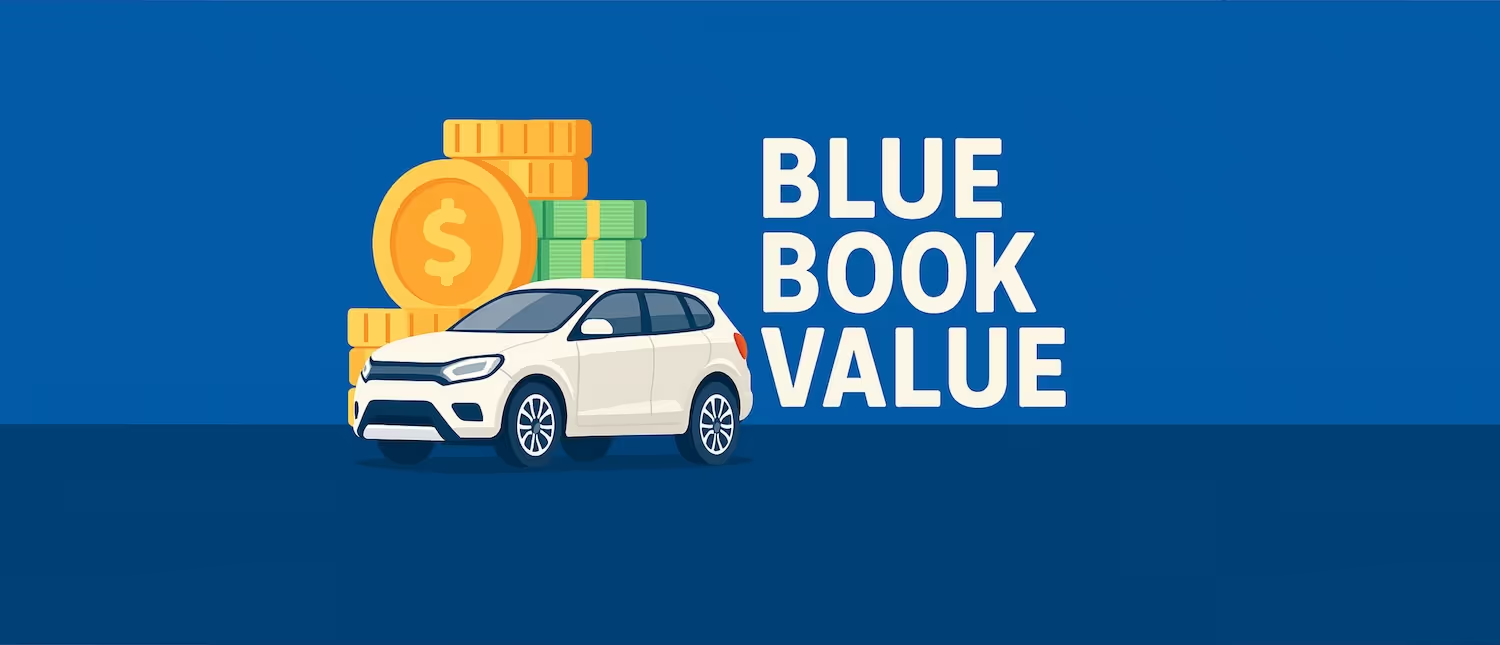
.avif)
















































